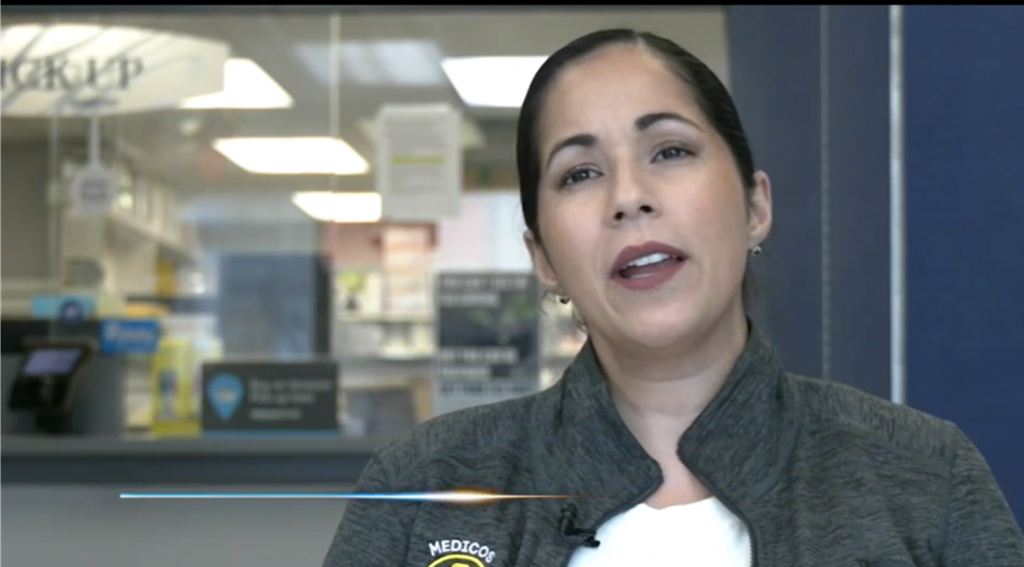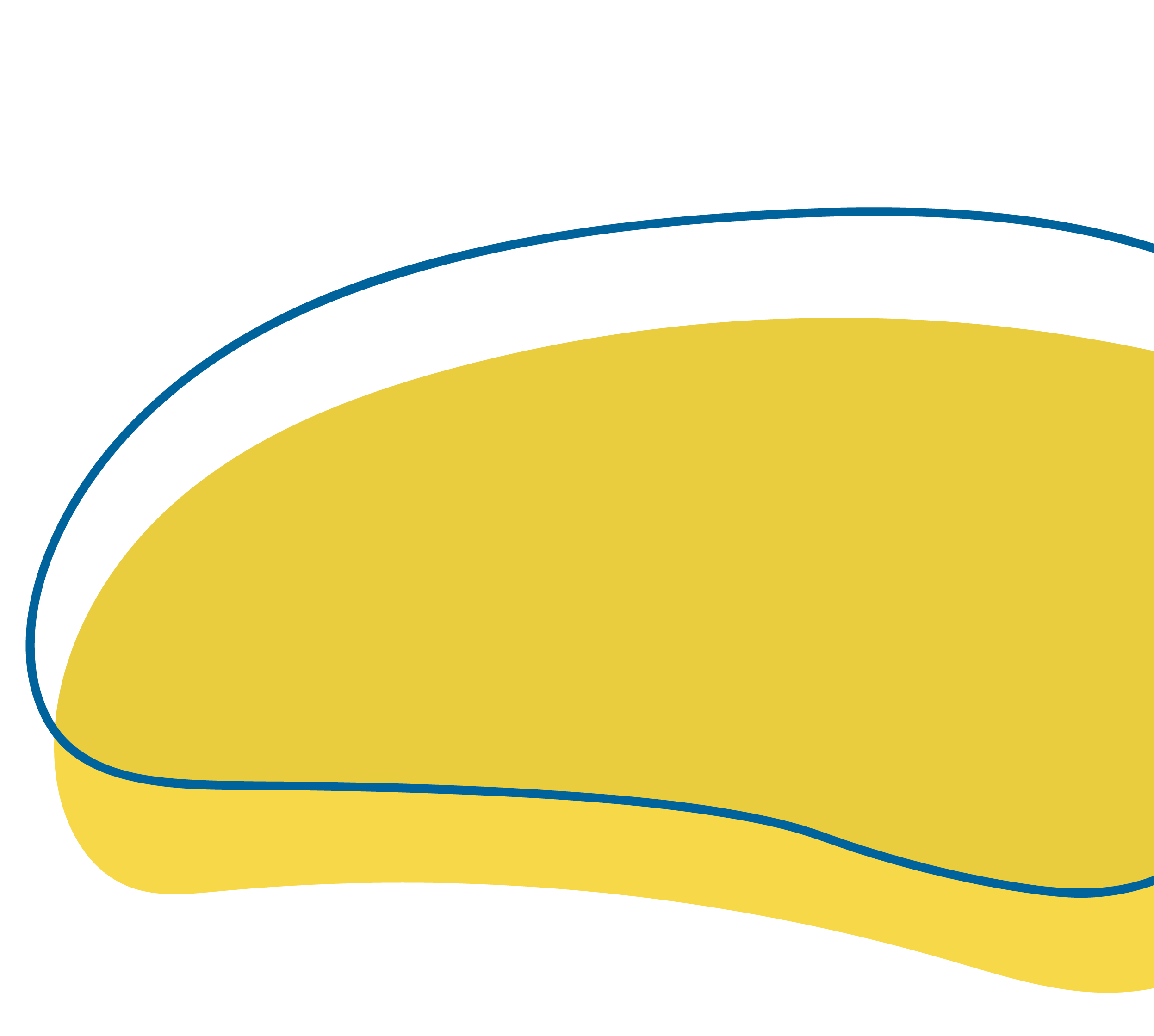
PHILADELPHIA (WPVI) — The artwork on the walls of a waiting room on the 2000 block of W. Lehigh Avenue reflects light and love.
But there’s one picture in the doctor’s office that stands out even to the doctor who is featured in that picture.
“First of all, I did not do this,” laughed Dr. Ala Stanford while gesturing to a three-foot poster board that features her smiling face on the cover of Philadelphia Magazine. “My children are not impressed by much, but they were excited about that.”
Stanford went from surgeon to “shero” in the fight against COVID. But her journey was a long one with no defined path.
“They didn’t have a path for me to follow,” she said. “I realized that there was no path, and I needed to create that path.”
The Black Doctors COVID-19 Consortium conducted its first COVID test as an organized group on April 16, 2020. It was a time when the numbers were sharply rising- especially among African Americans.
“We were in public-facing jobs…bus drivers and grocery store clerks. Those sort of blue-collar hardcore folks they didn’t get to shelter in place,” she said.
Many also couldn’t qualify to get tested.
“People were repeatedly turned away because they weren’t old enough, because they didn’t have heart disease, diabetes,” she added.
Stanford said even when African Americans did have those comorbid conditions– they often got blamed for their health instead of receiving help.
“It was a blame. It was, ‘Well, the reason why they’re dying at a higher rate is they don’t take care of themselves,'” she said. “And that may be reason number four. But reasons 1, 2, and 3 are access, access, and access.”
Occurrences like that exposed the types of health disparities that led Stanford to form the Black Doctors COVID-19 Consortium. It made instant headway with the community but not with the city.
“They wouldn’t give us the tests,” Stanford said.
The City of Philadelphia decided at the time to partner with Philly Fighting COVID, an organization against which the Pennsylvania attorney general has filed a complaint after the city broke ties with the organization for questionable practices.
Stanford recalls the city doubting whether the Black Doctor’s COVID-19 Consortium was capable of putting the precious vaccines to use.
“They said we didn’t have the infrastructure. And that African Americans and people of color did not want to get vaccinated,” said Stanford.
It’s similar to the issue Dr. Melissa Pluguez and her colleagues faced when they founded Unidos Contra COVID (“United Against COVID.”)
The organization, which focused on COVID-19 disparities in Latino communities, did not secure a contract with the city due to a lack of storage resources.
Determined, Unidos Contra COVID partnered with a private pharmacy in North Philadelphia to administer doses across the city.
“All the things that the government was trying to put in place initially with the education, but none of it was really in Spanish,” said Pluguez of the language barrier that prevented many Spanish-speaking people from accessing the information on testing, masking, and vaccines.
The lack of information, she says, led to higher rates of infection in those communities.
“There were areas that weren’t receiving masks early on,” Pluguez added.
Inspired by the Black Doctors Consortium, Unidos Contra COVID began its fight in the summer of 2020. They helped members of the Hispanic and Latino communities who were reluctant to attend large vaccination events.
The Black Doctor’s Consortium led the way and has tested well over 30,000 people. The number of people vaccinated is even higher.
“It’s easily closer to 60,000 vaccinations,” said Stanford.
The fight also led to permanent resources that go beyond COVID.
Unidos Contra COVID has changed its name to Medicos Unidos. They now focus on all health issues and remain in a mobile setting to serve people through the community.
“There’s so much work to be done. There’s flu, diabetes, and mental health,” said Pluguez.
Another permanent fixture is the Dr. Ala Stanford Center for Health Equity, located at 2001 W. Lehigh Avenue.
The building had its grand opening in October of 2021.
Stanford named the building not to give credit to herself but to create a legacy.
“It’s sort of legacy building and long-after I’m gone,” she said. “Kids will say, ‘Oh yeah, that was that lady who helped take care of folks during COVID.”
She also hopes that the health disparities exposed during COVID create permanent changes in the approach to health care for all people.
“It exposes something that we make a commitment to ourselves to never go back to the way it was,” said Stanford.
The Dr. Ala Stanford Center for Health Equity is accepting new patients.
Anyone needing help can call 844-423-2362 or visit them at their website.
Copyright © 2023 WPVI-TV. All Rights Reserved.


